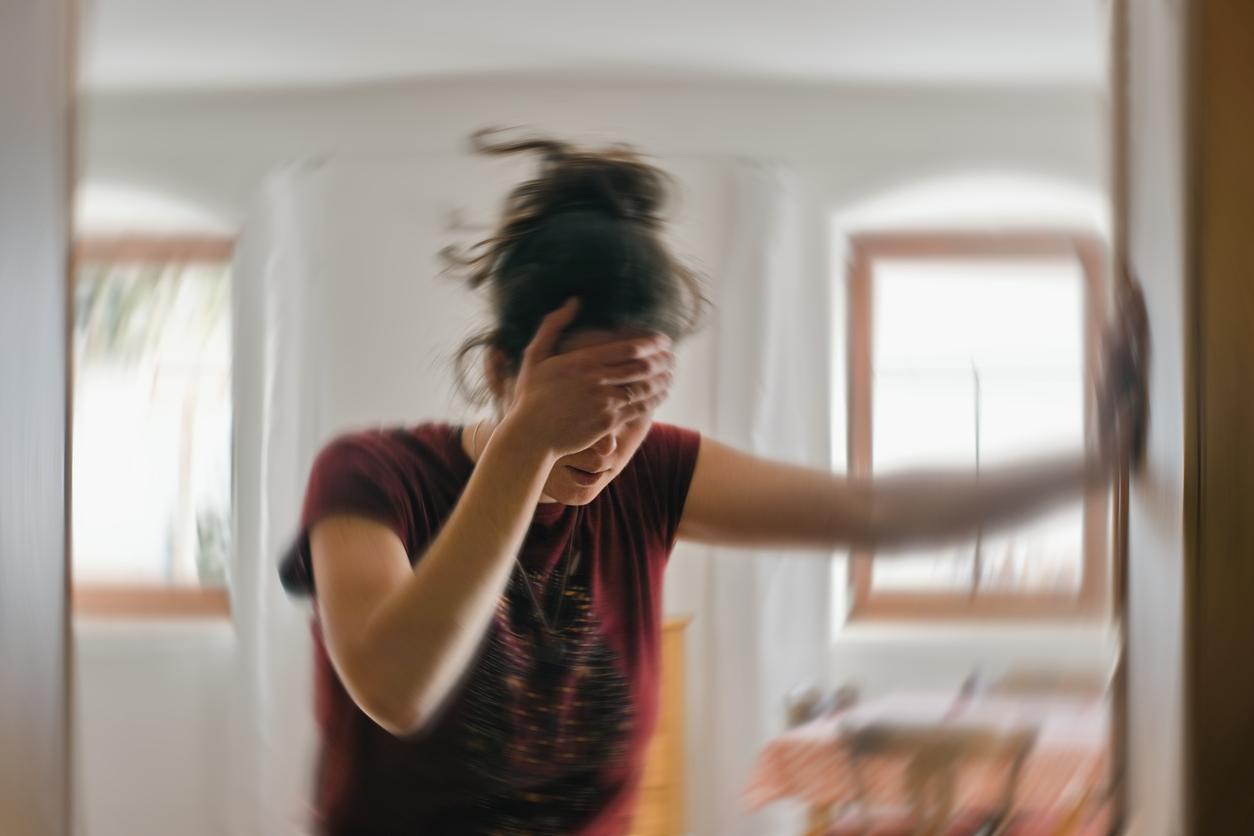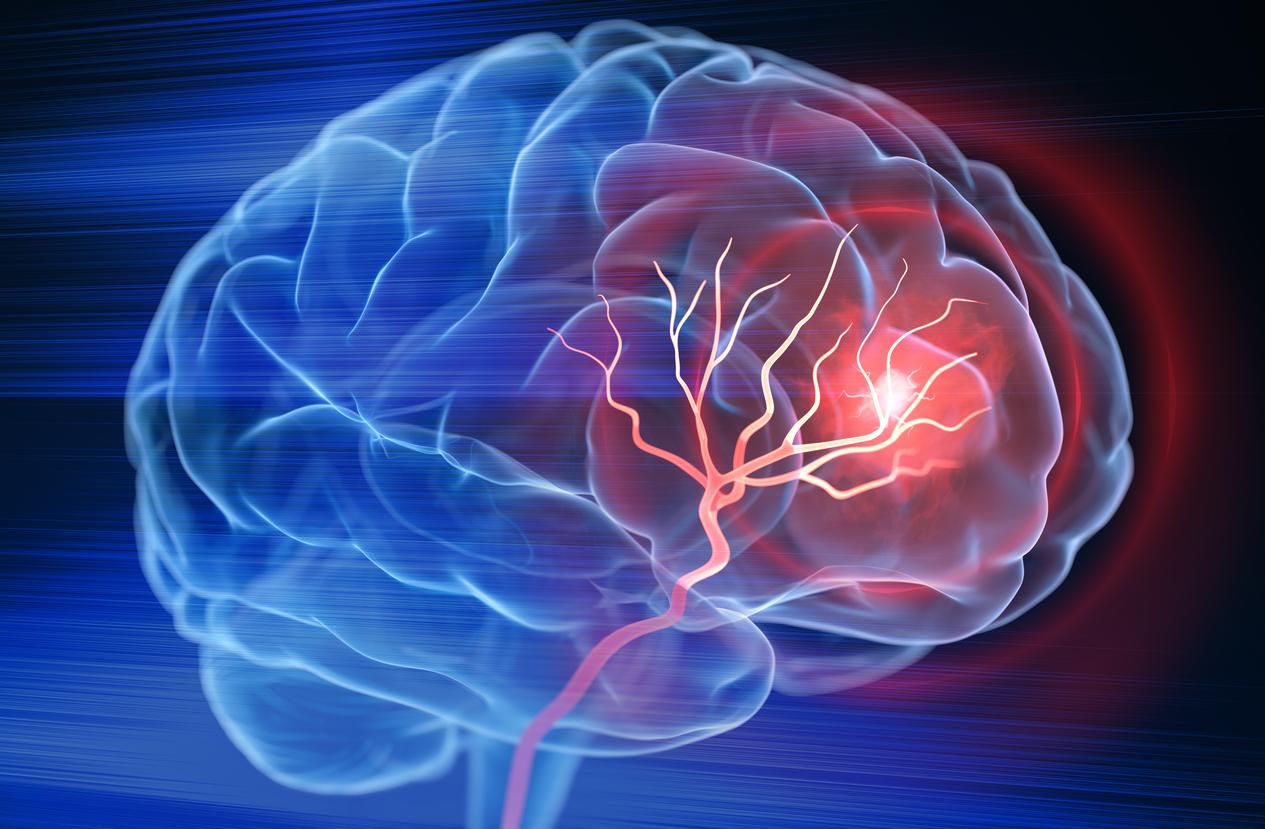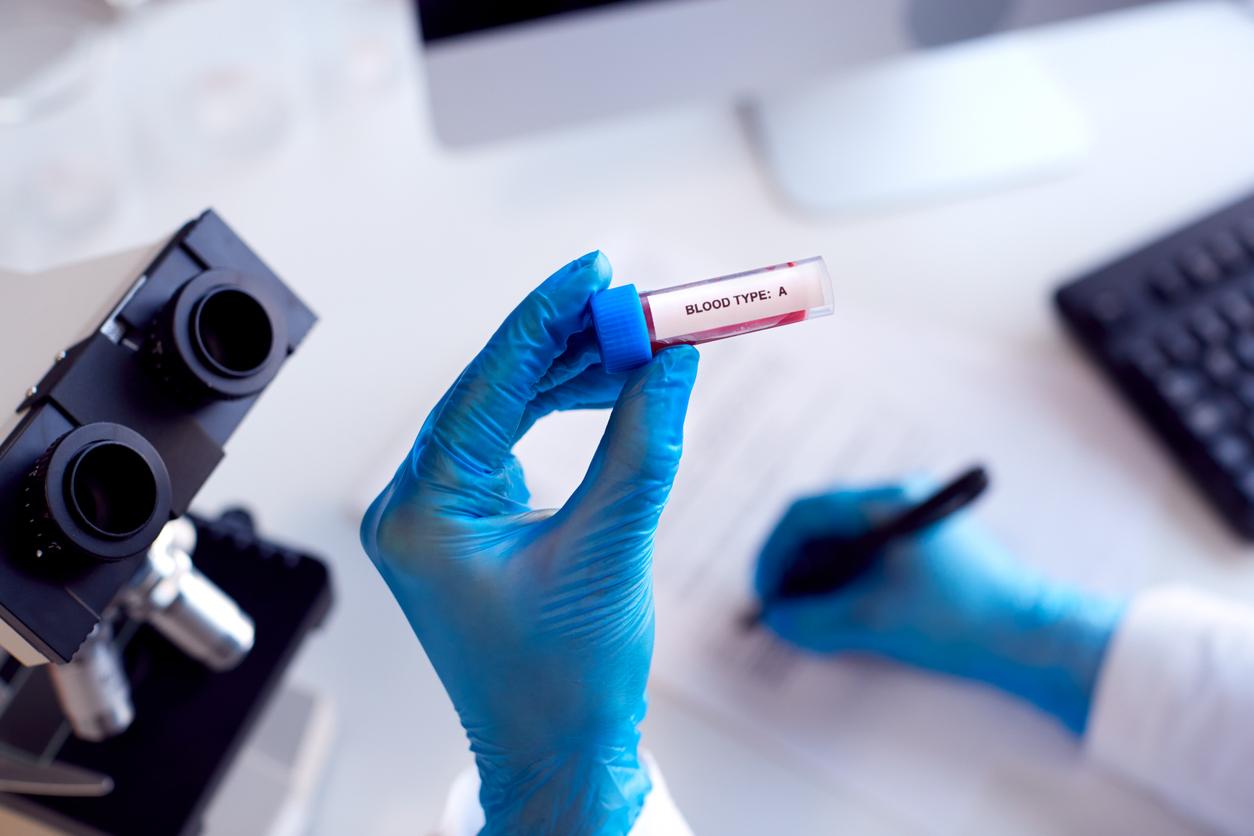Loss of sight or dizziness can also be symptoms of a stroke, explain two experts.

- Stroke results in various symptoms that often go unnoticed but are just as dangerous.
- These include sudden numbness on one side of the body, dizziness and difficulty swallowing.
- It is essential to act quickly in the event of the appearance of these symptoms.
Stroke patients can often have their face tilted to one side, have trouble lifting both arms and have slurred speech… but these are not the only signs to monitor. Indeed, there are other lesser-known symptoms ofstroke which results in a sudden loss of one or more functions of the brain. It affects 140,000 people in France every year.
Stroke: symptoms appear suddenly
This is the case of sudden numbness on one side of the body, for example. “Numbness in the hand, arm, leg or part of the face is very common and is often due to compression of a nerve, especially if it occurs while sitting or lying down, as this can putting pressure on the nerves”explained to Dailymail Professor Martin Dennis, an expert in stroke medicine at the University of Edinburgh, Scotland. However, if sudden numbness occurs in the face and arm or in the arm and leg, “at the same time“, there is cause for concern, explains the expert.
Also, stroke can lead to blurred vision or loss of vision in one eye or both eyes. “Loss of sight on one side or double vision that disappears when you close one of the two eyes are two important symptoms of stroke“, says Professor Dennis who adds: “Loss of vision in one eye – whether temporary or lasting for more than a day – can indeed indicate a problem with circulation in the eye and a risk of stroke.”
Sudden memory loss can also appear as a rare sign of stroke, according to Professor Dennis: “Confusion and difficulty understanding speech are signs of a stroke which, to a normal person, can feel like someone has lost their memory.”
Sudden vertigo can also be symptomatic of a stroke, especially when accompanied by double vision, weakness or clumsiness of the limbs and slurred speech. A 2017 study suggested that four out of ten stroke victims who did not have typical symptoms reported experiencing dizziness.
Stroke: all signals must be monitored, even the rarest ones
Although uncommon, a sudden, severe headache can also be a sign of a stroke. Indeed, often associated with migraines, it can, in certain cases “êbe a feature of a subarachnoid or intracerebral hemorrhage“said Professor Dennis. A subarachnoid haemorrhage, an uncommon type of stroke, is bleeding around the brain.
Although it is “very very rarely a sign of stroke per se”according to Professor Martin James, consultant stroke physician at Royal Devon & Exeter NHS Foundation Trust in Devon, England, swallowing difficulties should also be taken seriously. Food or more often liquids that go down the wrong way, causing the person to choke, can indicate that they are having a stroke, confirms Professor Dennis. She is “almost always associated with other symptoms of stroke, such as limb or facial weakness, loss of appetite, and choking“.
It also happens that stroke patients are suddenly unable to use a television control or a household appliance, to wash themselves or to dress themselves for no apparent reason. “A sudden inability to do something should not be ignored“, conclude the experts.
When we know thatearly treatment after a stroke limits the severity of the sequelae, remembering these signals, rare but real, can allow you to react in time.


















